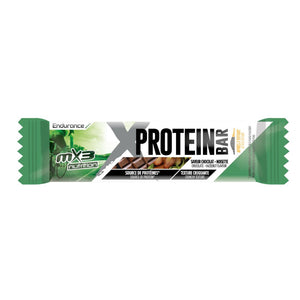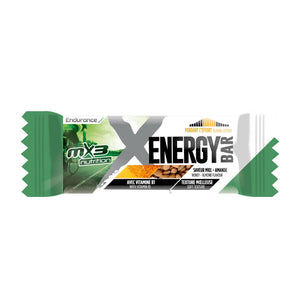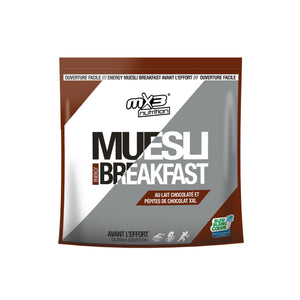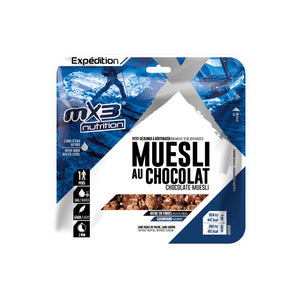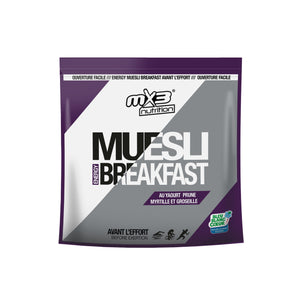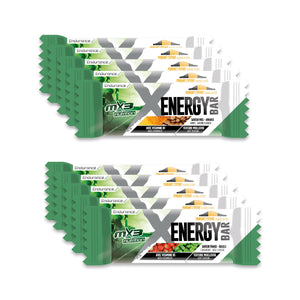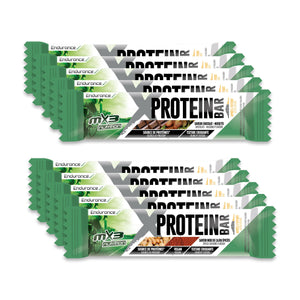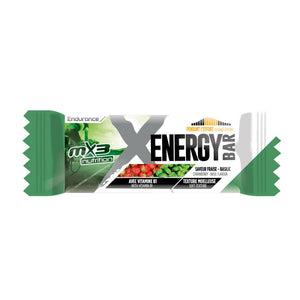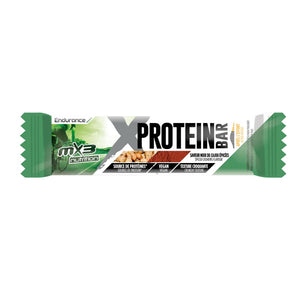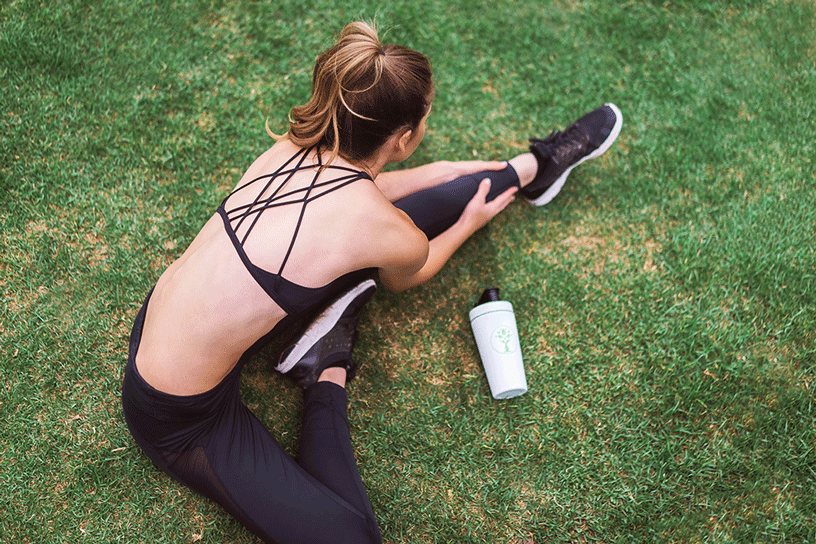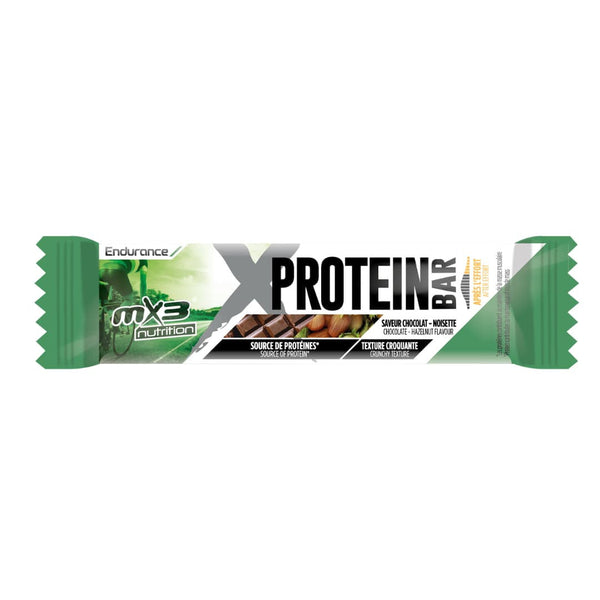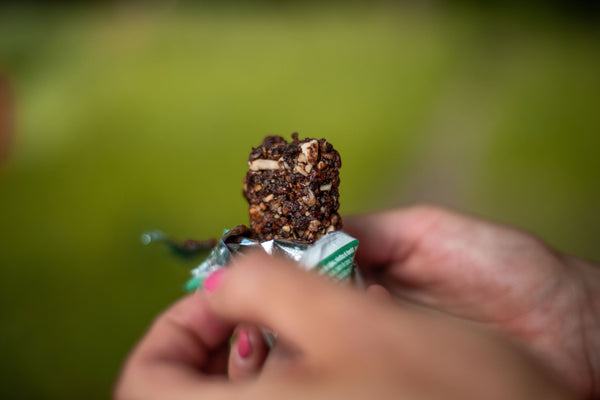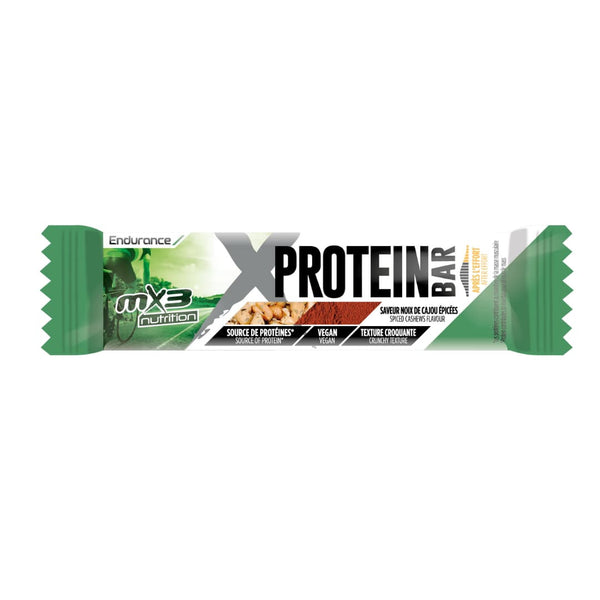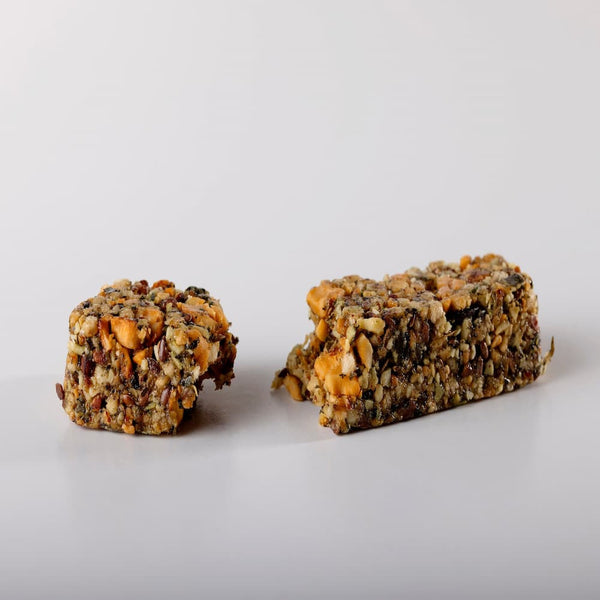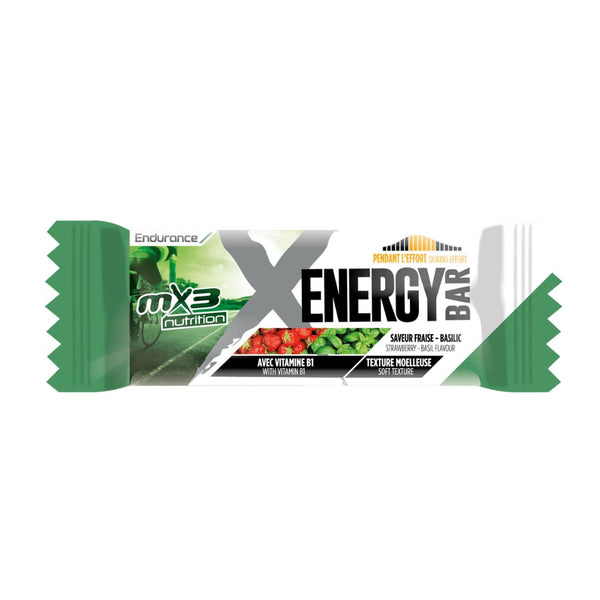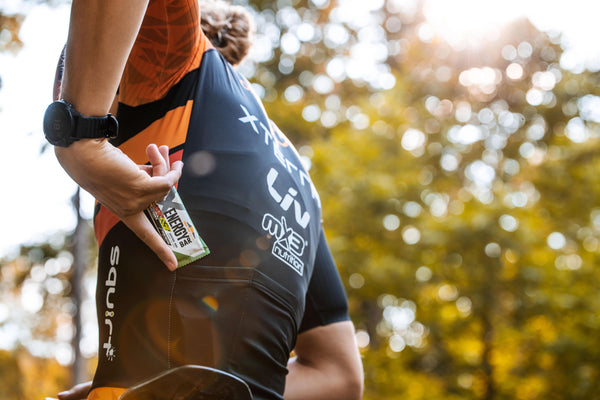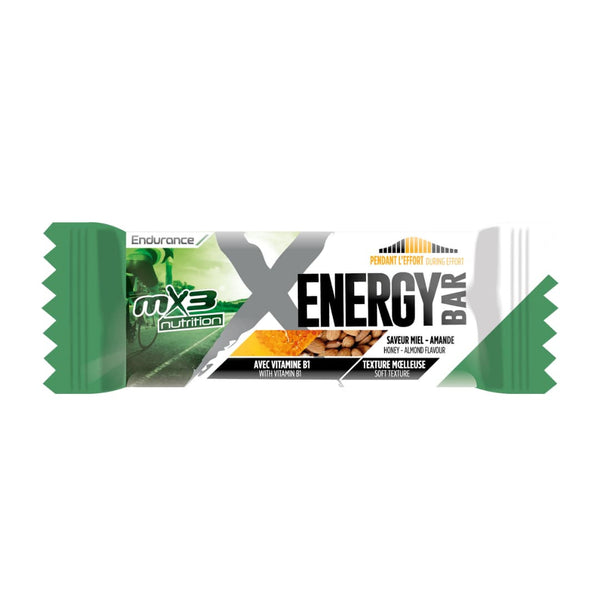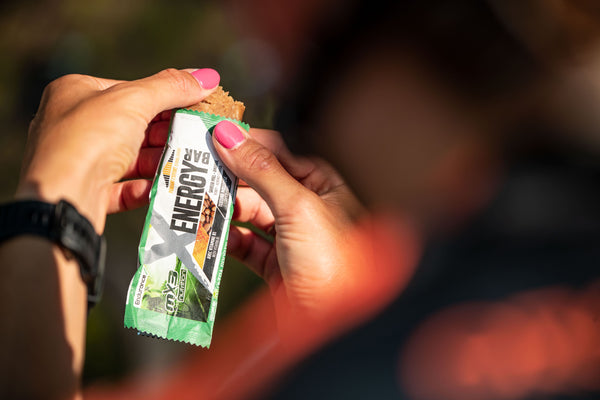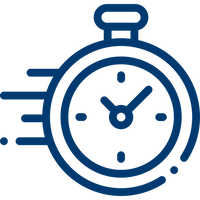Isotonic drinks and sport: instructions for use
Isotonic drinks , often referred to as sports drinks , play a vital role in hydration and performance for athletes. They are specially formulated to provide rapid hydration , electrolytes, and sometimes carbohydrates to support physical activity. Unlike regular water , isotonic drinks contain a concentration of solutes (salts and sugars) similar to that of human blood, allowing for rapid and efficient absorption. Learn about best practices for using isotonic drinks , an ideal complement to water , before, during, and after physical exercise to maximize benefits while minimizing risks.
Before the effort
Consuming isotonic drinks or sports drinks before exercise can help prehydrate the body, especially in situations where hydration may not be optimal or when activity is anticipated in hot and humid conditions. However, it is important not to consume these drinks in excess before exercise to avoid the risk of gastrointestinal upset.
Usage rule: Drink about 200 to 400 ml of isotonic drink about 1 to 2 hours before exercise. This helps improve initial hydration and provides a source of energy available from the start of the activity.
During the effort
The use of isotonic drinks during sport is crucial, especially in long-term activities or those performed in hot weather. They help maintain fluid and electrolyte balance, preventing dehydration and muscle cramps, and can provide an additional source of energy to support performance.
Directions for use: Drink little by little, about 150 to 250 ml every 15 to 20 minutes, adjusting according to the intensity of the effort, environmental conditions and individual tolerance. Avoid drinking large quantities at one time to minimize the risk of gastrointestinal discomfort.
After the effort
After exercise, the goal is to restore hydration levels, replenish muscle glycogen stores, and rebalance electrolytes. Isotonic drinks can play an important role in recovery, especially if appetite is low or the next training session is close.
Usage rule: Consume 500 to 700 ml of isotonic drink within an hour of finishing physical activity to accelerate rehydration and recovery. If possible, accompany this consumption with solid food rich in carbohydrates and proteins to support muscle recovery.
The risks of overconsumption of isotonic drinks in sport
Overconsumption of isotonic drinks by athletes can lead to various adverse effects, despite their popularity and usefulness in rehydrating the body and replenishing electrolytes and providing energy during physical exertion. Here are some of the main risks associated with excessive consumption of these sports drinks :
Electrolyte imbalance
Although isotonic drinks are designed to help rebalance electrolyte levels during exercise, excessive consumption can disrupt this balance. In particular, too much potassium or sodium can lead to conditions such as hyperkalemia or hypernatremia, which can have serious consequences for heart health and muscle function.
Dental problems
Isotonic drinks often contain sugars and acids, which can contribute to dental erosion and tooth decay if consumed in large quantities. The constant presence of sugar on the teeth creates an environment conducive to bacterial growth, leading to the breakdown of tooth enamel.
Weight gain and metabolic problems
Isotonic drinks are typically high in calories from added sugars, which can contribute to unexpected weight gain if consumed in large quantities outside of periods of intense physical activity. In the long term, this could also increase the risk of developing metabolic disorders, such as type 2 diabetes, especially if caloric intake is not balanced with appropriate energy expenditure.
Water imbalance
Just like overhydration with water , excessive consumption of isotonic drinks can also lead to dilutional hyponatremia, particularly if these drinks are used as a primary source of hydration without considering the body's actual needs for water and electrolytes.
Gastrointestinal burden
Drinking too many isotonic drinks , especially in large quantities over short periods of time, can cause gastrointestinal upset such as nausea, vomiting, diarrhea, or cramping. This is due to both the fluid overload and the presence of sugars and additives that some stomachs may have difficulty tolerating during exercise.
Recommendations
To minimize the risks associated with overconsumption of isotonic drinks , athletes should:
In conclusion on sport, hydration and isotonic drinks
As part of a well-planned approach, isotonic drinks can be a valuable addition to an athlete's hydration strategy, provided they are used judiciously. Before exercise, they prepare the body for activity, support performance and prevent dehydration . After exercise, they contribute to rapid and effective recovery. However, it is crucial to remember that these drinks must be integrated into a comprehensive hydration and nutrition plan, tailored to individual needs, the sporting discipline, and specific environmental conditions. As always, listening to your body remains the best way to manage your hydration and nutrition for optimal performance and lasting health. Be careful, however, because while isotonic drinks can play a key role in the hydration and nutrition strategy of athletes , it is essential to consume them with discernment to avoid negative health consequences. Excessive consumption is in no way synonymous with performance and can cause more or less serious after-effects.

